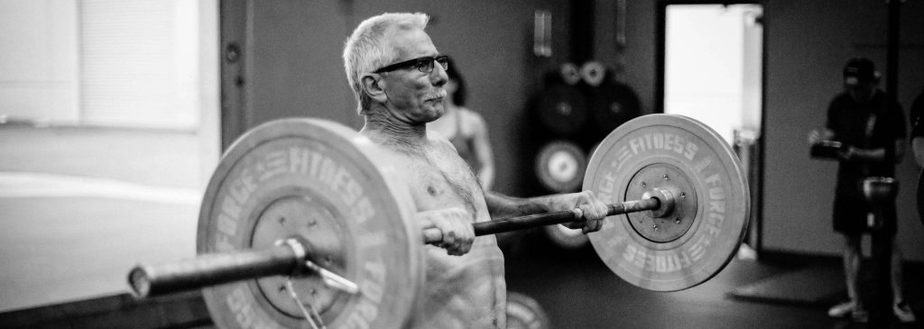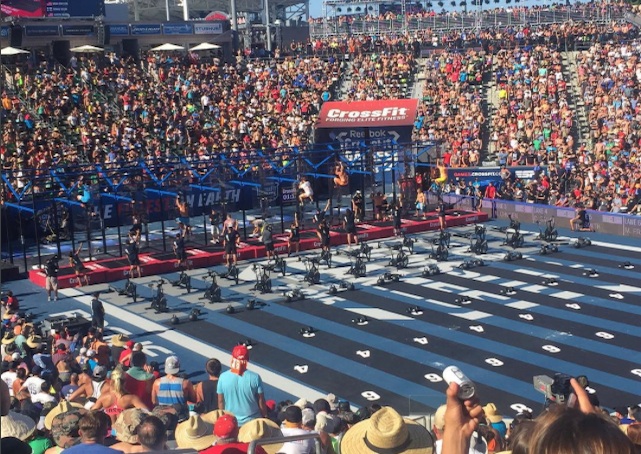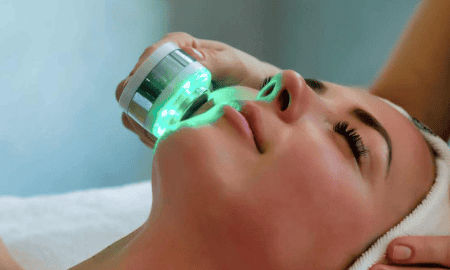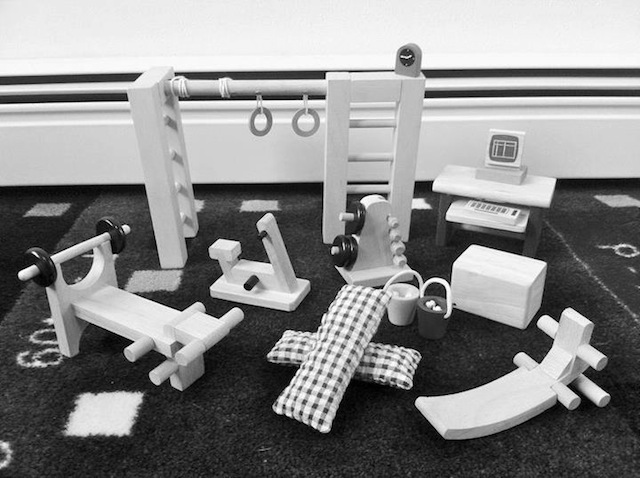
As men age, it becomes increasingly important to understand and address potential health conditions that can arise. By familiarising yourself with the common health concerns that men face with age, you can equip yourself with the knowledge and tools to navigate the journey of aging gracefully.
This article will dive into the various aspects of men’s health and explore the conditions that often emerge as we get older. From physical changes and hormonal shifts to skin transformations, we’ll shed light on the key topics that deserve your attention. By gaining a deeper understanding of these common conditions, you can take proactive steps to prevent, manage, and address them, allowing you to embrace your future with confidence and vitality.
The Aging Male: Understanding the Physical Changes
When your body goes through physical changes, you may not be able to do as much for yourself as you used to. If you have always been a very independent person, it can be difficult to accept help and admit that you may need some extra support in certain areas of your life. This doesn’t mean that you have to stop living at home as there are a number of reputable Aged Care Services available. You can choose a plan to suit your personal requirements so that you feel fully confident in enjoying your day to day life around the home, without pushing your physical limits too far.
It is essential to understand these changes to effectively navigate the ageing process and make informed decisions about lifestyle and healthcare. Some of the most physical changes are:
- Decreased muscle mass and strength: With age, there is often a natural decline in muscle mass and strength.
- Changes in body composition: You may notice that as you age your body composition starts to shift.
- Reduced metabolism: Metabolic rate slows down over time, which will mean your body burns fewer calories, causing you to gain weight.
- Changes in join health: Arthritis or osteoarthritis is a common condition men can face as they age and essential it causes your joints to become stiffer, less flexible and more prone to discomfort or pain.
By understanding these physical changes that come with age, men can make proactive choices to maintain their physical well-being. Incorporating exercise, adopting a nutritious diet, managing body weight, and seeking professional guidance can go a long way in managing and minimising the impact of these changes.
Hormonal Shifts: Exploring the Impact of Testosterone Decline
Unfortunately, hormonal changes are an inevitable part of the ageing process for men. One of the most significant hormonal shifts that occur is a decline in testosterone levels. Testosterone plays a crucial role in various aspects of men’s health, including energy levels, libido, mood, and overall well-being. Understanding the impact of testosterone decline can help men navigate the changes and seek appropriate support.
Typically, after the age of 30, you will begin to see testosterone levels gradually decline. Of course, this varies from person to person, but some people may feel the effects sooner than others. If your testosterone levels have decreased, you will start fatigued, and you may also notice changes in moods. Overall, a decline in testosterone will cause you to have low energy, so it is important to recognise these changes when they happen. In such cases, optimizing your hormone levels through lifestyle changes or medical interventions can be an effective way to restore balance and improve overall well-being.
Sexual Health and Performance: Maintaining Intimacy with Age
Understanding the impact of ageing on sexual health and exploring strategies to maintain intimacy can help men navigate this aspect of their lives with confidence and satisfaction.
As men age, it is very common to experience changes in sexual health and performance. These changes may include a decrease in sex drive, longer time required for arousal, and challenges in achieving or maintaining erections. It’s crucial that you are able to recognise these changes early on and accept that they are a natural part of life. Accepting them also allows you to seek the help you need. If you do start to suffer from erectile dysfunction (ED), then don’t be afraid to speak with your doctor and find out about the ED prescription options available.
Skin Changes: Dealing with Wrinkles, Age Spots, and Skin Cancer
Throughout the later stages of life, wrinkles, age spots and the risk of skin cancer become prominent concerns. Understanding these skin changes and adopting preventive measures can help men maintain healthy and youthful-looking skin. The natural ageing process leads to the breakdown of collagen and elastin fibres in the skin, which results in the wrinkles and fine lines we can see.
Furthermore, if you are someone who loves to be outside soaking up the sun, then that prolonged sun exposure can potentially contribute to the development of age spots or even skin cancer. Protecting the skin from harmful UV radiation by wearing sunscreen, seeking shade, and using the protective clothing is vital in preventing further damage.
Final Thoughts
As men age, understanding and addressing potential health conditions becomes increasingly important. By familiarising themselves with common physical changes, hormonal shifts, sexual health concerns, heart health matters, and skin changes, men can take proactive steps to maintain their well-being and lead fulfilling lives.
Embracing healthy lifestyle habits, such as regular exercise, a balanced diet, open communication, and seeking medical advice when needed, can greatly impact overall health and quality of life. It’s crucial for men to prioritise their health, engage in preventive care, and stay informed about the changes that come with age.
Remember, your health is your future. By investing in self-care, seeking professional guidance, and staying proactive, men can navigate the aging process with confidence, vitality, and a sense of empowerment. With the right knowledge, support, and lifestyle choices, men can embrace their future with optimism, enjoying a fulfilling and vibrant life at every stage.
Take charge of your health, prioritise your well-being, and remember that it’s never too late to make positive changes. Your health journey is ongoing, and by staying informed and proactive, you can live your life to the fullest, no matter your age.

















Follow Us